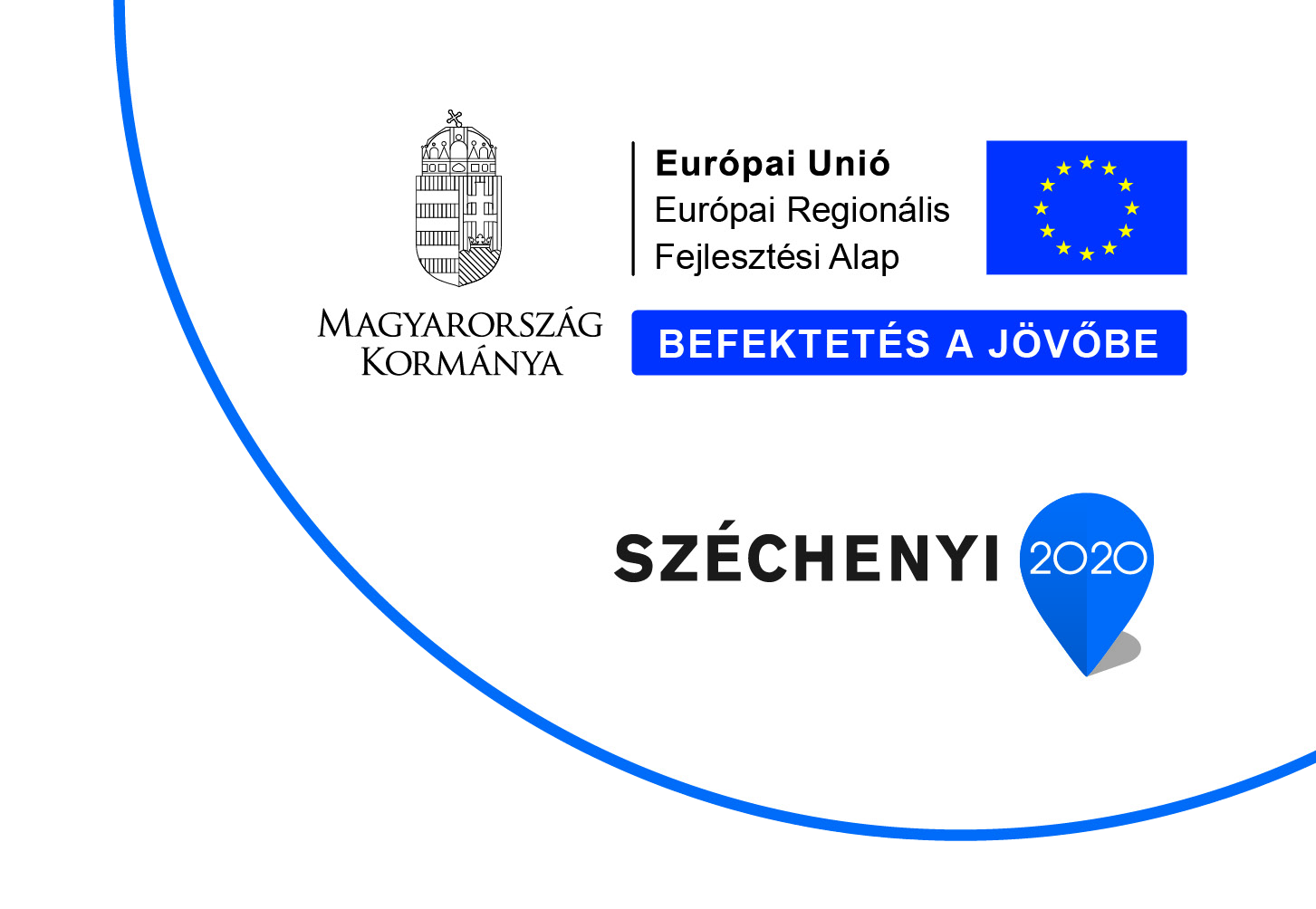May 8th, 2009 – A collaboration between groups led by Dr. John Spencer at Greenwich University in the UK and Professor Simon Mackay and Professor Alan Harvey at Strathclyde University in Scotland has led to the discovery of a novel class of benzodiazepines with submicromolar activity against trypanosoma brucei spp., a parasitic species that causes African trypanosomiasis or sleeping sickness in humans.
The work was helped by the use of a H-Cube® continuous-flow hydrogenation reactor used for hydrogenation and developed by ThalesNano, based in Budapest, Hungary.
Dr. John Spencer, Reader in Medicinal Chemistry, said: ‘Rajendra Rathnam, one of my PhD students at Greenwich, has successfully synthesised a number of benzodiazepine containing amines by a variety of reduction methods from their nitro precursors including microwave reductions with Molybdenum hexacarbonyl/DBU or Tin(II) Chloride, but the H-Cube® flow method provided compounds in approximately 5 minutes in high yields and without the need for work-up or column chromatography. Such an approach is very promising for the generation of libraries of bioactive molecules and can expedite drug discovery significantly.’
‘We are proud that our technology can play an important role in advancing science,’ said Richard Jones, Director of Product Management at ThalesNano.
‘From its introduction, H-Cube® has opened up vast new areas of chemistry due to its advantages of speed, selectivity and yield.’

